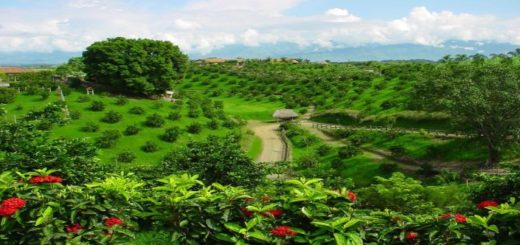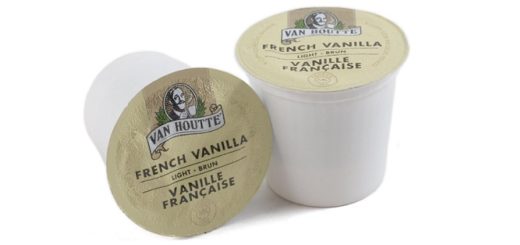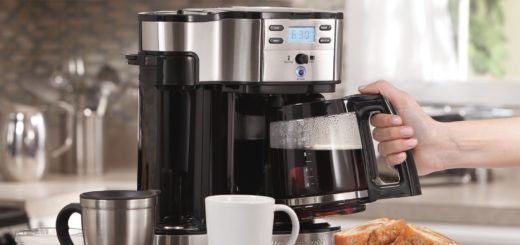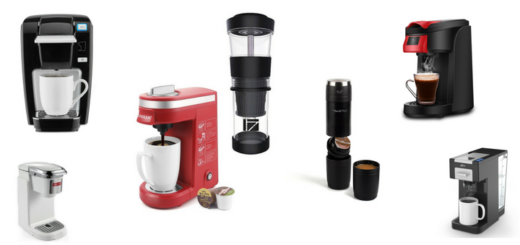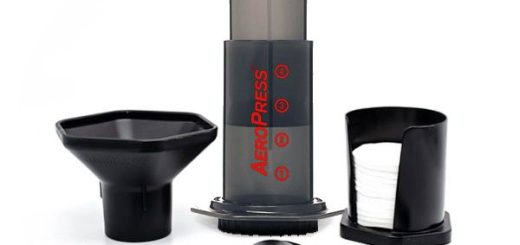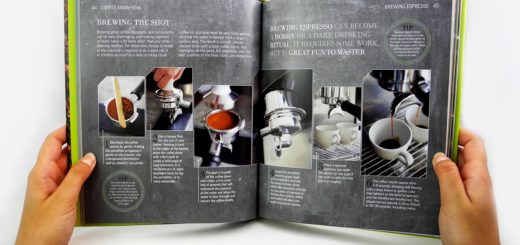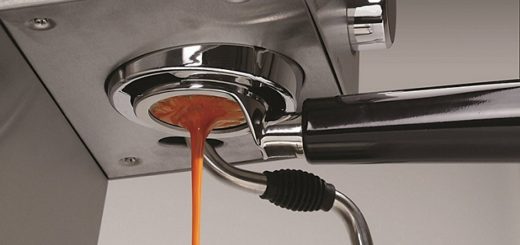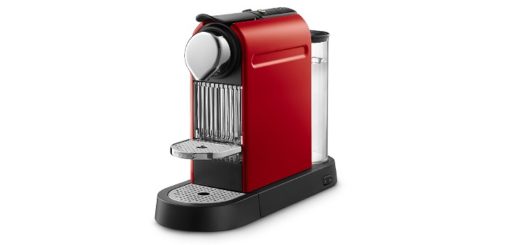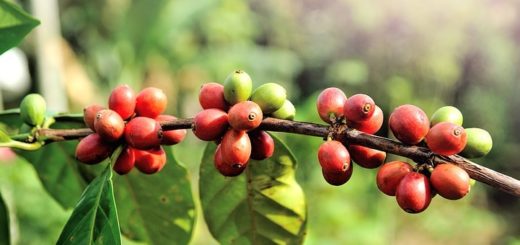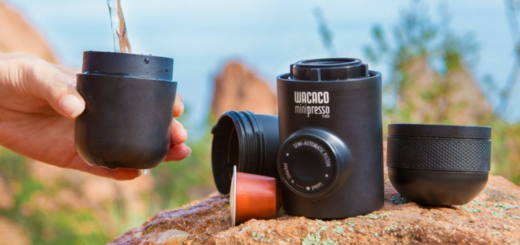Should You Freeze Ground Coffee?
 Ground coffee contains over 800 different compounds responsible for the flavor and aroma that wakes us up in the morning and keeps us going throughout the day. These compounds include lipids, simple sugars, amino acids and antioxidants which are collectively referred to as caffeol. Heat, moisture and air draw caffeol out of the ground beans and into our cup of joe, but they also release it into the environment causing ground coffee to become stale. Theoretically freezing would delay this process, but is storing ground coffee in the freezer a good idea? Read on to find out.
Ground coffee contains over 800 different compounds responsible for the flavor and aroma that wakes us up in the morning and keeps us going throughout the day. These compounds include lipids, simple sugars, amino acids and antioxidants which are collectively referred to as caffeol. Heat, moisture and air draw caffeol out of the ground beans and into our cup of joe, but they also release it into the environment causing ground coffee to become stale. Theoretically freezing would delay this process, but is storing ground coffee in the freezer a good idea? Read on to find out.
Ground Coffee below the Freezing Point
Water makes up about 45-55% of the weight of unprocessed coffee beans, and before they can be commercialized, their moisture content must be decreased to 11% in order to maintain optimal flavor and prevent the growth of bacteria. Eventually the dried beans will be roasted and ground which drops their water content to only 3 or 4%.
When we put ground coffee into the freezer, the water molecules within it transition from a liquid to a solid, but they continue moving very slowly. Gradually the water molecules rise to the surface of the ground coffee where they either crystalize or evaporate into the dry freezer air. As the coffee loses water, it also seeks to take in other water molecules in its environment.
Overtime, this exchange of water molecules permanently alters the flavor of coffee. Flavor and aroma compounds from the coffee dissipate with the water molecules into the freezer and the flavor and aroma of other foods take their place. If there was no way to stop this cycle, storing ground coffee in the freezer would not be a good idea. Thankfully, there are ways to freeze ground coffee and enjoy great flavor for over a year.
Preserving Flavor in Frozen Coffee
Whether your ground coffee is destined for the freezer (or just the pantry!), you can preserve its flavor by following these three rules of thumb:
- Choose the container carefully – Since coffee absorbs the flavors and aromas around it, the container you store it in is of utmost importance. Glass or ceramic containers are the best options. Not only do they not hold flavors, but if they have well-sealed lids, no moisture or air enters or exits the container. They can, however, be impractical if you have limited freezer space. Plastic is practical, but unfortunately it is also permeable. The degree of permeability varies depending on the plastic’s quality, but they all allow some air and humidity to enter and escape. Plastic also absorbs flavors, which means that plastic containers and bags that have been used for other foods are definitely unacceptable for storing coffee. New plastic containers or those reserved for storing only coffee, as well as freezer bags are workable options. You might want to consider, though, double bagging your coffee and even wrapping plastic containers in plastic wrap to decrease their natural permeability.
- Remove as much air as possible – Freshly roasted coffee beans are left open to the air for 2-12 days to “degas” or release carbon dioxide. Once the carbon dioxide is gone, however, oxygen enters and begins destabilizing the flavor compounds in the coffee. If oxidation continues unchecked, ground coffee loses most of its flavor within a few hours. To preserve flavor, you must remove air from around coffee that is to be stored. Pack your ground coffee tightly into its container and if you are using bags, vacuum seal them if possible.
- Divide into small quantities – Freezing ground coffee or even coffee beans in large quantities saves us time and effort, right? Yes, but it takes a toll on the coffee’s flavor and aroma. Every time that we open a container of frozen coffee, air mixed with flavor compounds escapes while new air and moisture enter. This new oxygen and moisture increase oxidation and encourage the formation of ice crystals on the coffee grounds. Taking extra time and care to freeze coffee in smaller quantities, for instance the amount that you will use in 1-2 weeks, will reward you with optimal flavor every time that you grab a cup of coffee.
Coffee Ages and Flavor Changes
Both ground and unground coffee grows old which brings changes to their flavor profiles. A few coffee aficionados appreciate aged coffee and even experiment with aging it in wooden barrels to add a new dimension to the flavor, but most of us enjoy our coffee fresh. Freezing decelerates but does not stop the aging process. If you intend to freeze ground coffee for more than a year, take the time to taste your frozen coffee every month or two and record the changes in flavor that you notice. You might even want to experiment with storing the coffee in different containers. The experience that you gain by doing this will help you to know how long you want freeze it and the best way to package it, besides guaranteeing that every cup of coffee you brew will be its very best.





